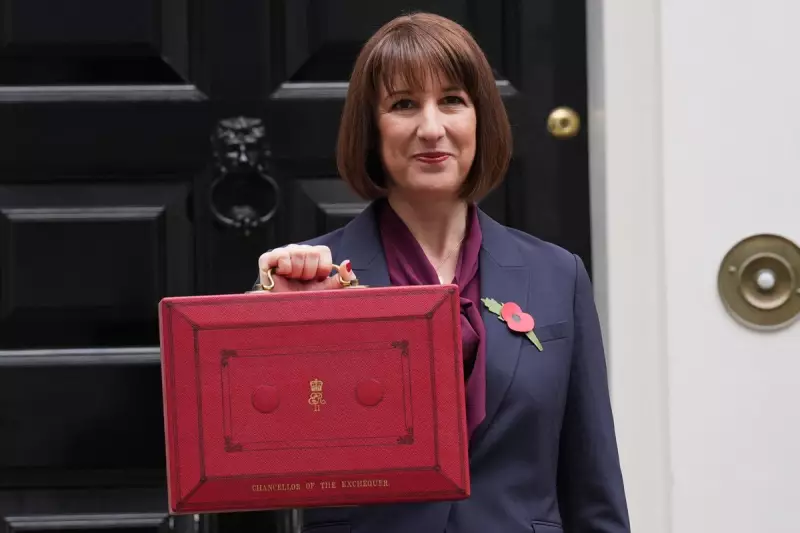
In a bold move that signals Labour's intent to fundamentally reshape Britain's economic architecture, Shadow Chancellor Rachel Reeves has unveiled plans for the most significant overhaul of the Treasury in decades.
The potential future Chancellor declared that reforming the Treasury would represent her 'first and most immediate priority' upon entering government. This sweeping reform agenda aims to break from what she characterises as decades of economic stagnation and short-term policymaking.
A New Economic Mandate
Reeves's vision centres on transforming the Treasury from a bean-counting institution into a dynamic engine for long-term growth. She criticised the current model for prioritising immediate cost concerns over strategic investment, arguing this approach has hampered Britain's economic potential.
'For too long, the Treasury has operated with a narrow focus on short-term savings rather than long-term value creation,' Reeves stated. 'This must change if we're to build a resilient, high-growth economy.'
Structural Changes Proposed
The proposed reforms include establishing a new Office for Value for Money to replace the existing Efficiency and Value for Money Unit. This rebranded body would shift focus from simple cost-cutting to evaluating long-term economic benefits and strategic outcomes.
Additionally, Reeves plans to enhance the Treasury's capabilities by:
- Creating dedicated teams focused on long-term economic growth and productivity
- Implementing new evaluation frameworks that measure success beyond immediate fiscal impact
- Strengthening regional economic analysis to address geographic inequalities
- Improving cross-departmental collaboration on major infrastructure projects
Breaking from Conservative Economic Management
The shadow Chancellor's announcement positions Labour as the party of serious, long-term economic planning in contrast to what she describes as the Conservatives' 'short-term crisis management' approach.
Reeves emphasised that her reforms would ensure economic decisions consider broader implications for business investment, regional development, and sustainable growth—addressing what she sees as fundamental weaknesses in current economic governance.
Preparing for Government
With Labour maintaining a strong lead in opinion polls, these detailed plans indicate the party's preparation for potential governance. The proposed Treasury overhaul represents one of the most significant statements yet about how a Starmer government would approach economic management differently from its predecessors.
As Britain faces ongoing economic challenges, from sluggish growth to productivity concerns, Reeves's commitment to institutional reform suggests Labour believes transforming how economic decisions are made is as important as the decisions themselves.





